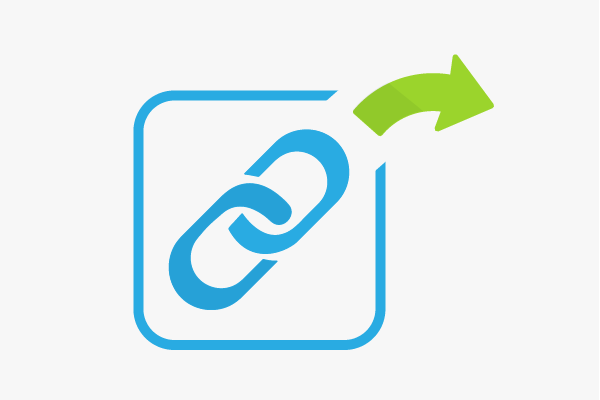External Links
External links refers to links of a web page that direct toward a link destination that is on another website. A synonym for “external link” would be “outbound link.” It is the counterpart to internal link, which directs to a subpage of the same website. The number of external links may be relevant for the evaluation of a website by search engines like Google. From the perspective of the website which receives the external link, it is also called a backlink or incoming link.
Since outbound links are the most important currency for Google, it can be assumed that the use of external links is not penalized. However, one should pay attention to the following points when setting external links:
- Too many external links weaken the ranking of the page. But one, two or three external links are no problem.
- You should only link to trusted sites; otherwise suspicion of bad neighborhood may arise. If you still need to be linked to a suspect site, a nofollow link should be installed.
- Paid (advertising) links should be devalued with the nofollow attribute.
Outbound external links vs. outbound internal links
Outbound links are sometimes considered differently in SEO circles. Every link that directs from one website to another website is called an outbound link. However, there is a differentiation between an outbound external link (which directs to a link destination that is outside of the same domain) and an outbound internal link (which directs to a link destination that is within the same domain). Generally, the terms “external link” and “internal link” are prevalent.
External links and page rank
It can be assumed that the number of external (or outbound) links on your website affects link juice or link power and thus the page rank. In other words, the more external links a website or more specifically, a subpage has, the lower will be the link power it can pass on. If you want to benefit from a high page ranking, you should ensure that not too many external links are placed on the link-giving page.
Consequences for SEO
Regardless of the page rank and other metrics, how high the number of outbound links has to be, to ensure that the site in question does not get penalized or what gets interpreted by search engines as a link network is still controversial in SEO circles. But there is no doubt about the fact that unstructured and massive outbound links are harmful for the domain trust of a website. The following would be important for the setting of outbound links:
- That they are related by subject to link giving-page or provide added value through additional information to users
- That they don’t direct to any spam page or untrusted site because otherwise the link-giving site will be threatened with being considered bad neighborhood
- That the number of outbound links always remain limited, unless there is a genuine link hub with real benefit for the user.
If you want to make sure that your outbound links are not assessed by Google and other search engines, you should identify the links with the nofollow attribute. This applies equally to advertising links.
Common sense should be applied to limit the number of outbound links. For example, why should a website about dog food link to PC Magazine, credit information pages or auto repair shops? Or why should there be more than two or three outbound links in a post which has fewer than 50 words?
A link is always a recommendation for another website. As an SEO or webmaster, you should always ask yourself if you can stand by recommending that particular website. If there is any doubt, the outbound link should not be set.
Web Links

